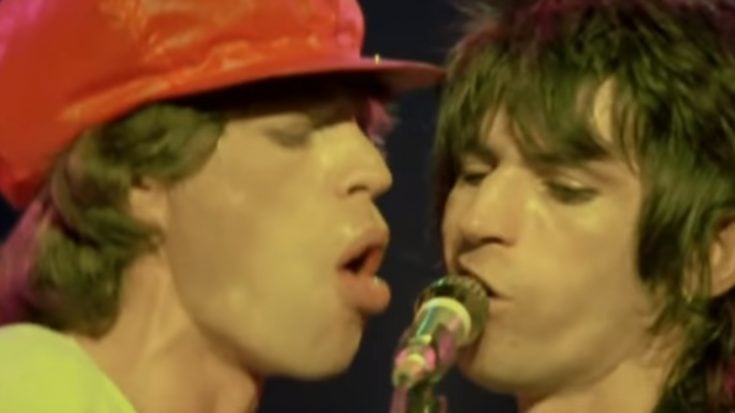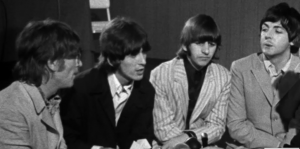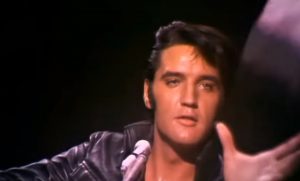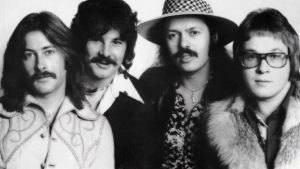Album Review: “Beggars Banquet” by The Rolling Stones

The Rolling Stones live in 1968 - Axel Dittrich / Youtube
The Stones’ 1968 catalog Beggars Banquet saw the band returning to their roots, with it being heavily tinged with blues-rock influences. Kieth Richards stood up to the occasion when founder Brian Jones’ erratic behavior due to personal problems, worsened by his bouts of substance abuse. With Jones out of the picture for most of the time, the band consolidated their ideas and toiled night after night in the studio.
“Sympathy For The Devil” opens the album with a heavy, percussive-driven rock arrangement, with Lucifer as the star of the show, telling his story as he travels through some of history’s iconic moments. “No Expectations” is a tribute to blues legend Robert Johnson, and is an acoustic piece that has Richards and Jones riding in tandem with a slide and rhythm performance. “Dear Doctor” is an experimental blue grass track which falls short, but the orchestration effort is commendable. “Parachute Woman” has a brooding quality to it, with the instrumentation giving you a detached vibe and Jagger’s mumble-vocal. “Jigsaw Puzzle” is a conglomeration of explosive rhythm sections and poetry-like delivery of lyrics.
The second part of the record is heralded by “Street Fighting Man”, an indulgent rock arrangement with political themes hanging over it, while “Prodigal Son” is an acoustic cover that complements its predecessor well. “Stray Cat” is more of a rock filler, which is accented by the energized drum parts from Watts. “Factory Girl” has an earthy folk quality to it, and is driven with the main piano progression. Closing the album is “Salt Of The Earth”, an exuberant ballad that rightfully ends the whole compilation with its use of climactic sections.
Beggars Banquet is one of the best Stones records around, garnering acclaim from critics and fans alike. It even scored the 5th place on Atlantic charts within release, proving that the band’s decision to stick with the blues was a sane one.










